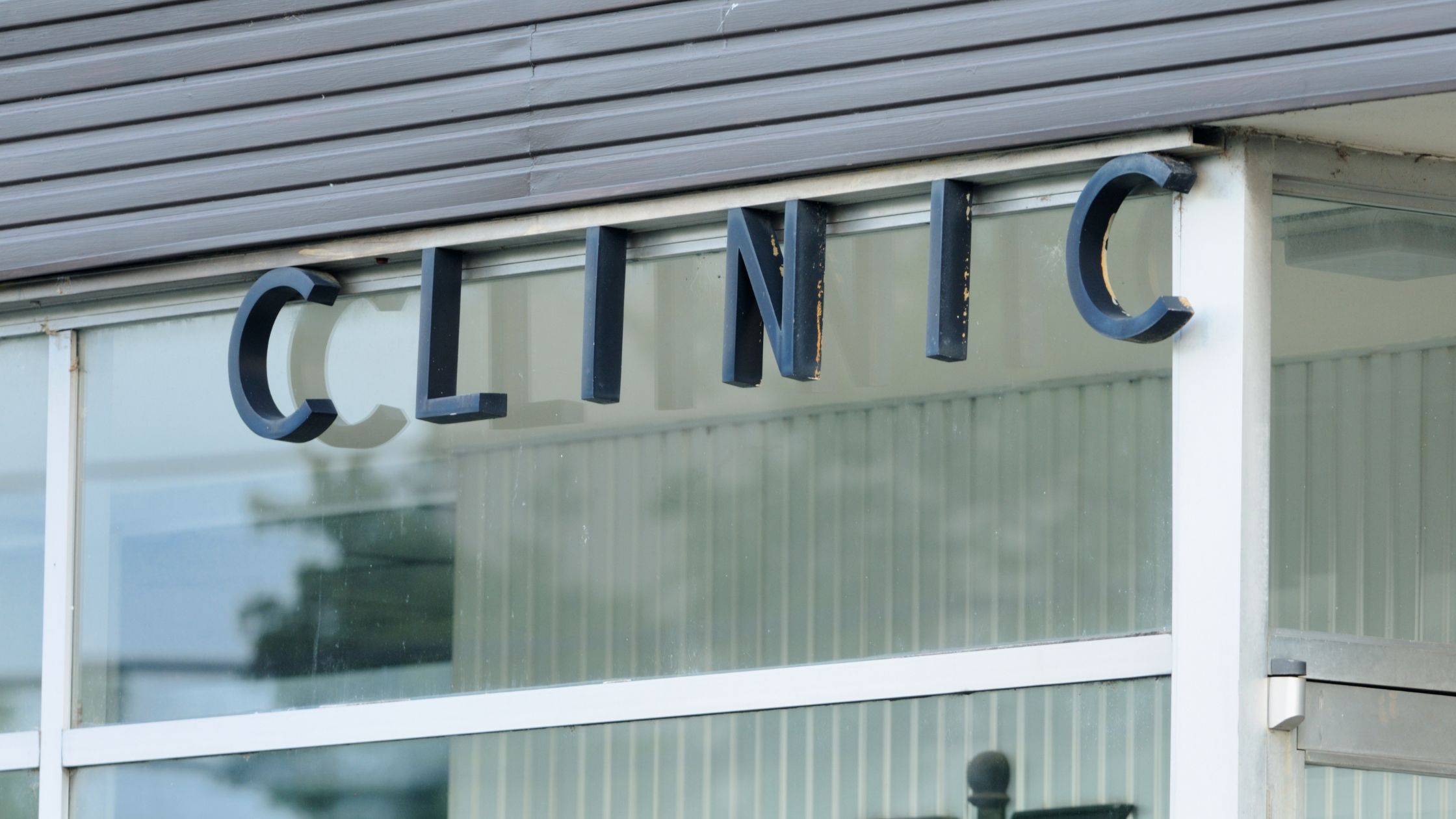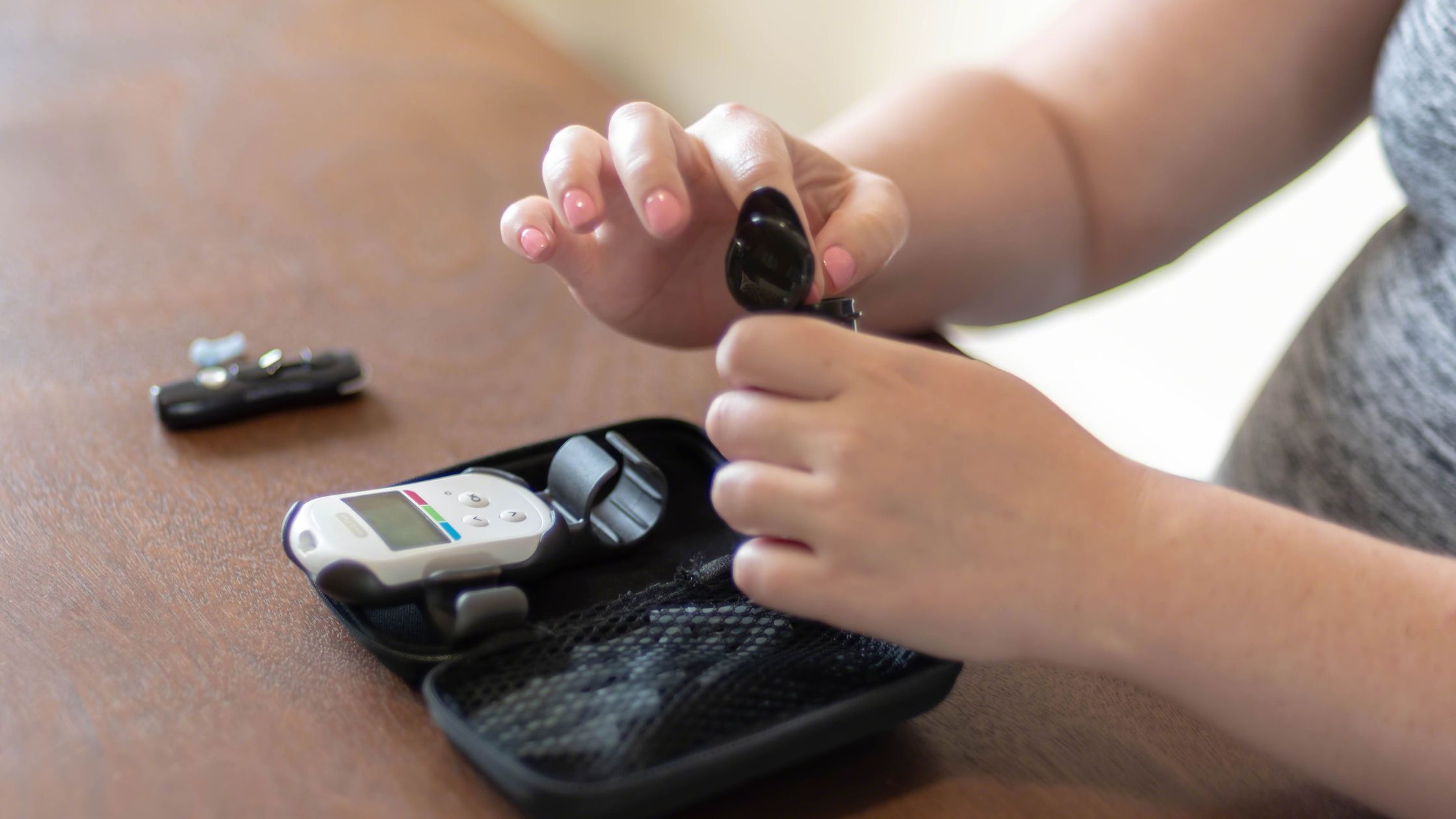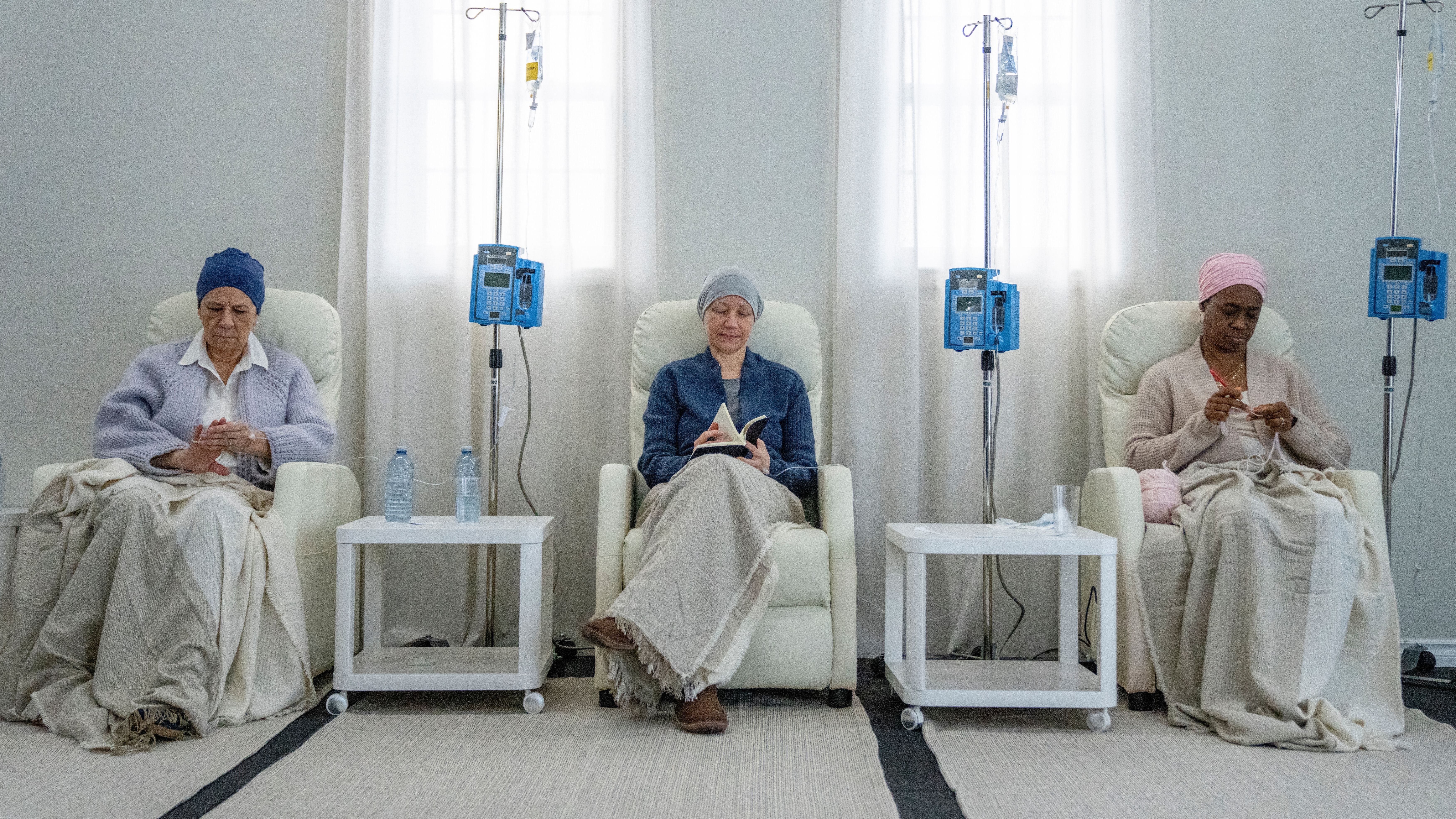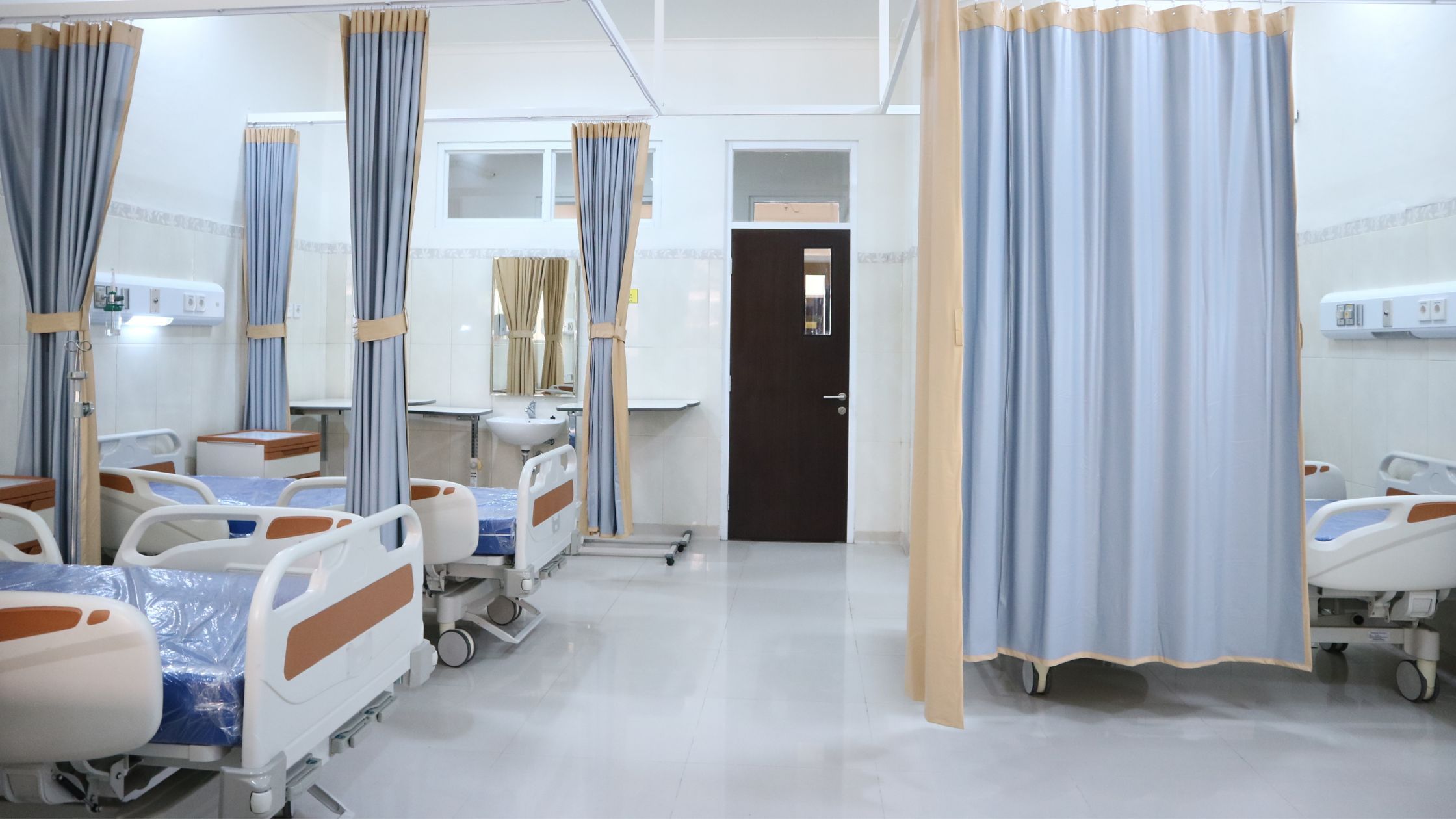An overview
We have recently received instructions from several patients who were wrongfully turned away by the 'Initial Assessor' in the Accident and Emergency Department. Fortunately, through the patients' perseverance and realisation that they were unable to manage the pain alone, the patients' ultimately underwent scans and informed they were suffering from muscular injury. Unfortunately, despite the diagnosis being realised, those same patients experienced delay in receiving an appointment with an Orthopaedic Surgeon, at which point their injury had reached a point that full recovery was no longer a realistic prospect and, surgery not an option.
What has happened?
To elaborate on the above, our clients’ cases are worryingly similar. Each attended Accident and Emergency complaining of shoulder pain having suffered some sort of trauma, most common being a fall. All were informed to return home and self-medicate with painkillers. Due to the persistence of the pain, our clients attended their GP who referred our clients for an x-ray. Unsurprisingly, this revealed no fracture or bone injury. Nonetheless, the pain continued and so the GP referred our clients for an MRI scan which revealed a tear in their ligaments within their shoulder. The GP thus referred our clients to attend upon an orthopaedic surgeon for treatment.
Unfortunately, there is then a slight delay in receiving the appointment. However, when the appointment is received, each of our clients are informed that, due to the passage of time, the muscles are now reclining, and surgery is no longer an option. Whilst physiotherapy treatment may help ease the injury, this shall only recover the clients to a limited stage and the injury shall essentially bear long term consequences.
The negligence
It is concerning that we are hearing the same instances of negligence repeating. Additionally, all instances took place in 2017. Our case is that there was certainly negligence on the part of the assessor, who should have permitted the patients to undergo investigation and receive medical advice on their first attendance to the Accident and Emergency Department. On the balance of probabilities, this would have resulted in an x-ray being undertaken. Since there were no bony injuries, due to the pain, the other possibilities are nerve and/or muscle injury and so an MRI scan would have to be undertaken imminently to determine the correct injury. With the correct injury being known, surgery would have taken place again as soon as possible allowing the patients to enjoy a full recovery.
Hospital failing to be honest about their mistake
What is more concerning is that none of our clients have been informed by the hospital that a mistake had been made. It must be remembered that all medical professionals must abide by the Duty of Candour. This is a legal duty which requires medical professionals to be open and honest by mistakes made on their part.
Long term consequences
A number of our clients are now suffering long term consequences due to the mistake of the hospital. Many are experiencing limited shoulder movement, despite having physiotherapy treatment, thus affecting their work, hobbies and quality of life. Some are being informed that, due to limited movement, their muscles are predicted to waste away, thus only causing further concerns down the line.
Victims of negligence We are unable to name the hospital or trust in question at this point of time due to the stage of our investigations. However, in view of the instructions we have received to date, we hold considerable concerns that there are a number of patients who have been the victim of negligence, are suffering long injuries as a result and who are simply unaware of their legal rights. If the above events sound familiar to you, please do contact one of our specialist solicitors for further advice.






























